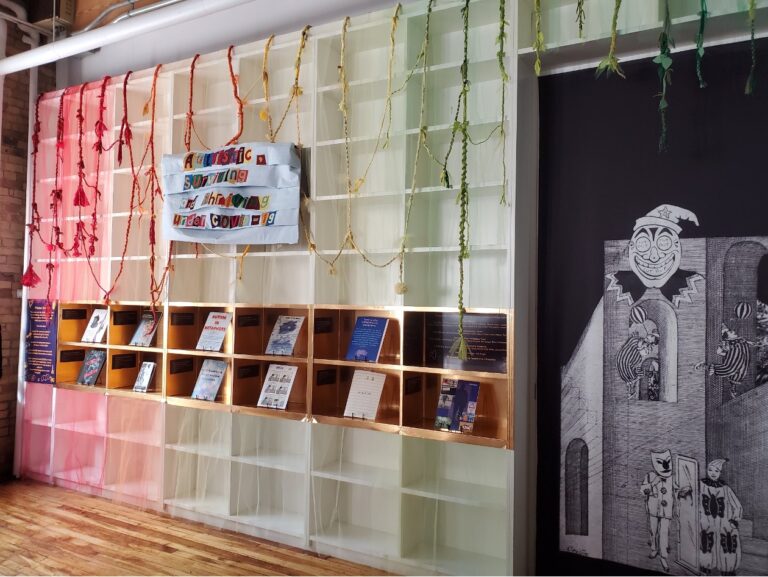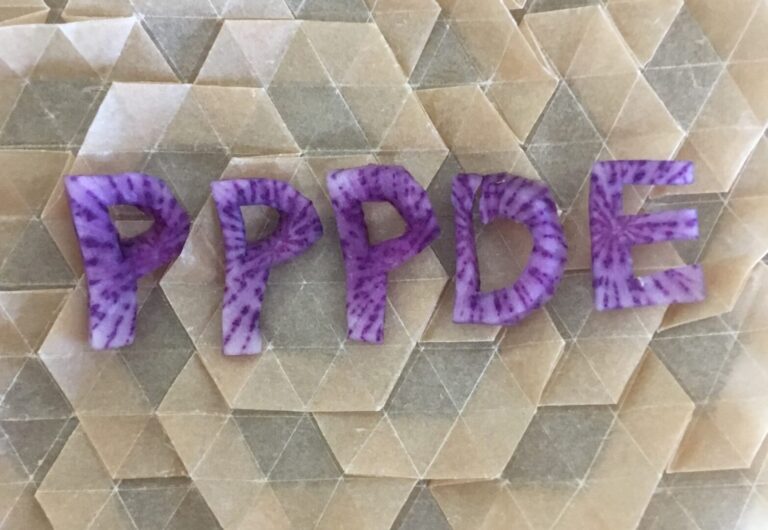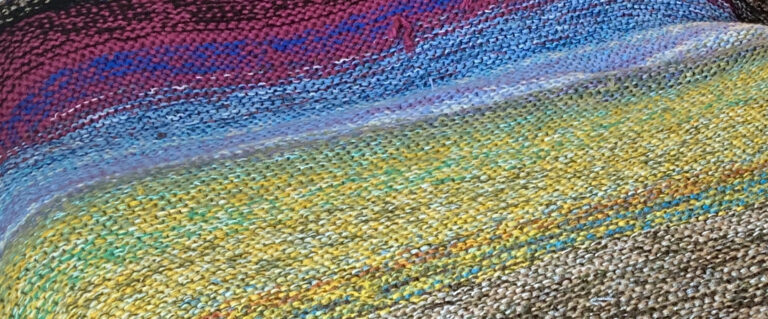This article takes up Mia Mingus’ call to “leave evidence” of how we have lived, loved, cared, and resisted under ableist neoliberalism and necropolitics during COVID-19 . We include images of artistic work from activist zines created online during the COVID-19 pandemic and led by the Re•Storying Autism Collective. The zines evidence lived experiences of crisis and heightening systemic and intersectional injustices, as well as resistance through activist art, crip community, crip knowledges, digital research creation, and the forging of collective hope for radically inclusive autistic futures—what zine maker Emily Gillespie calls “The neurodivergent, Mad, accessible, Basic Income Revolution.” We frame the images of artistic work with a coauthored description of the Collective’s dream to create neurodivergent art, do creative research, and work for disability justice under COVID-19. The zine project was a gesture of radical hope during crisis and a dream for future possibilities infused with crip knowledges that have always been here. We contend that activist digital artmaking is a powerful way to archive, theorize, feel, resist, co-produce, and crip knowledge, and a way to dream collectively that emerged through the crisis of COVID-19. This is a new, collective, affective, and aesthetic form of evidence and call for “forgetting” ableist capitalist colonialism and Enlightenment modes of subjectivity and knowledge production that target different bodies to exploit, debilitate, and/or eliminate, and to objectify and flatten what it means to be and become human and to thrive together.
Keyword: autism
Personal Protective Purple Daikon Equipment: A Handbook (and an Autistic Manifesto)
During the Spring semester 2020, I took an art class at the Rhode Island School of Design. “Personal Protective Purple Daikon Equipment: A Handbook” was my final project for the class. Part zine, part Zoom performance experiment, part autistic meltdown, the project bears witness to my anger, isolation and fear during the lockdown. It is both a commentary on academia and the constant demand to “make use” of every experience—to continue academic life as usual even during a pandemic that saw so many disabled people die—as well as a handbook for making one’s own Personal Protective Purple Daikon Equipment (PPPDE) at home and an absurdist manifesto. As a research-creation project, the Personal Protective Purple Daikon Equipment offers a snapshot of a moment in (crip) time, that of the first state-sanctioned lockdown and of the early days of the pandemic.
Security Blanket: Neuroqueer Knitting in Pandemic Times
This article presents neuroqueer knitting as a cripistemological practice in the context of the COVID-19 pandemic, during which the author realized that knitting was part of how they moved through trauma. Tracing the process of making a blanket during part of the pandemic, a time in which they were also relocating, the author argues that knitting offers a knowledge-making practice aligned with their autistic ways of being in the world. Treating this blanket as theoretical material, the author uses it to challenge ableist ideas of autistic people as lacking the capacity to narrate their experiences. Instead, this blanket is used to reflect alternative modes of knowing that document the author’s continued existence and survival in moments of trauma and upheaval.


